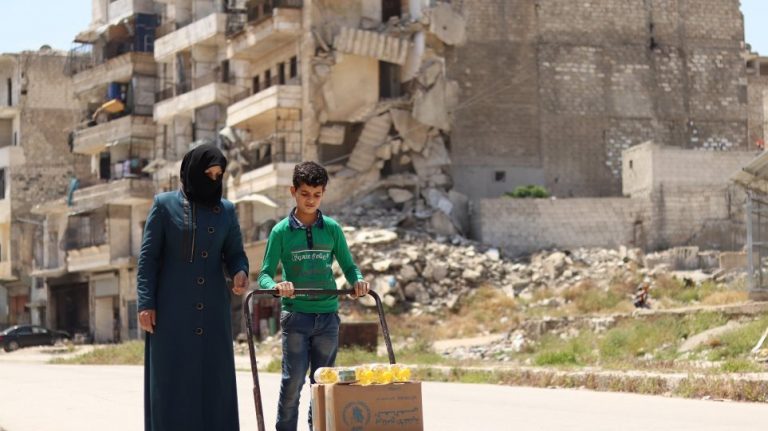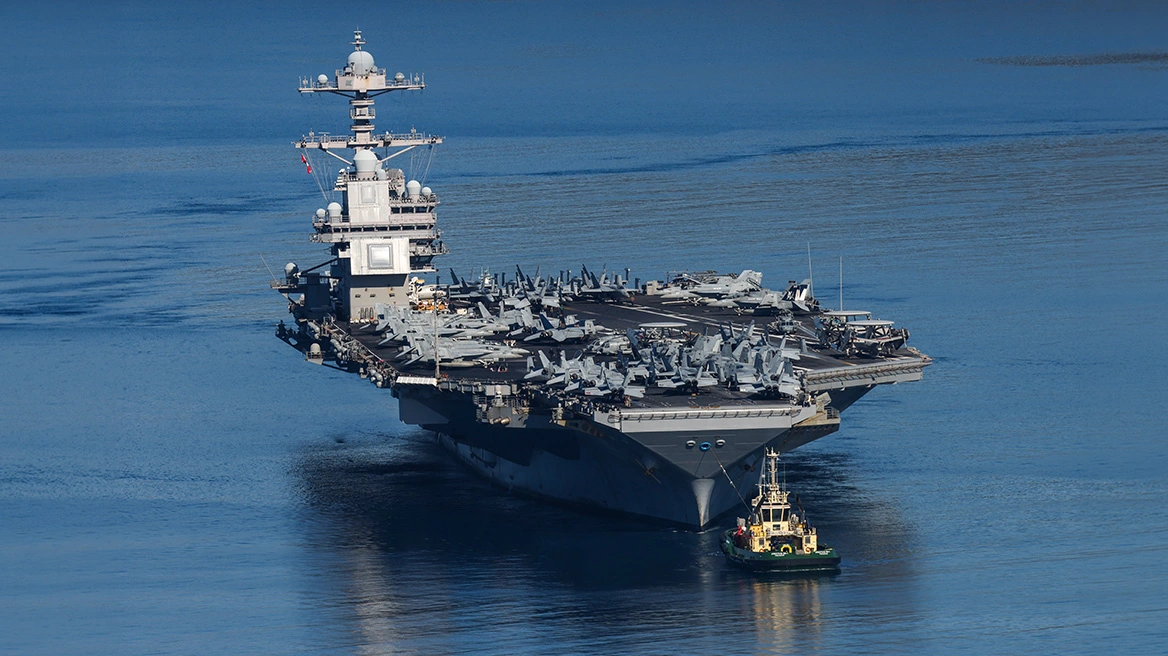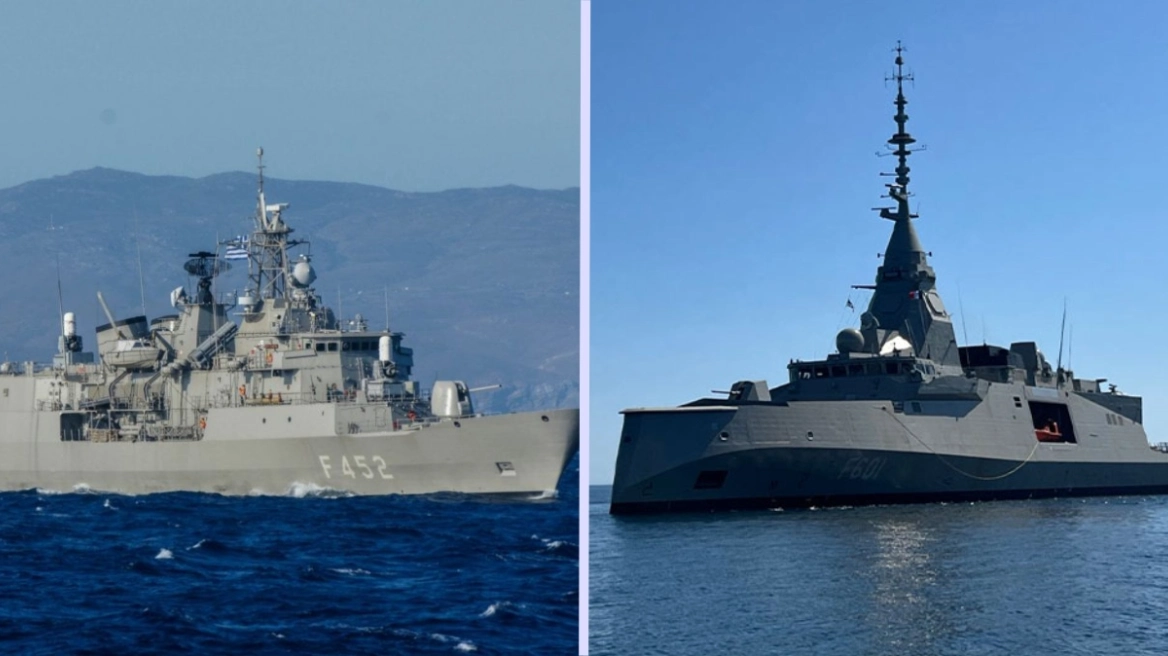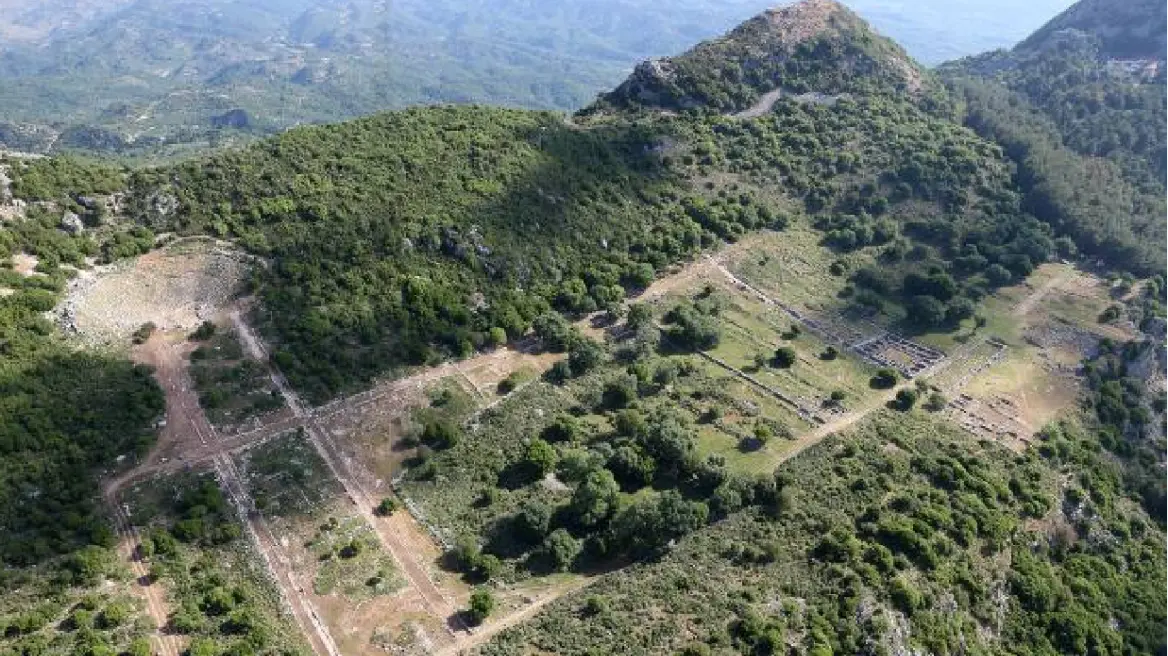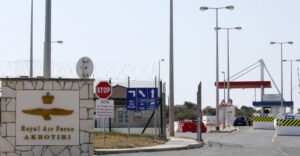Has Ankara’s presence made any positive impact, or will it ultimately amount to another counterproductive and destructive occupation?
In August 2016, Turkey launched Operation Euphrates Shield into northwestern Syria. The operation’s main aims were removing the Islamic State (IS) group from Turkey’s border and preventing the Syrian Democratic Forces (SDF) from advancing further westward in that group’s US-backed campaign against IS.
The main component of the SDF is the Kurdish People’s Protection Units (YPG) group, essentially the Syrian offshoot or wing of Turkey’s arch-enemy, the Kurdistan Workers’ Party (PKK).
Turkey completed Euphrates Shield after capturing the city of Al-Bab from IS in March 2017. Turkish troops and Turkish-backed Syrian militiamen retain control over the regions captured from IS to the present day. Ankara has since invested in and overseen reconstruction and new infrastructure projects in the Euphrates Shield Zone.
In 2017, under the framework of the Astana Agreement with Russia and Iran, Turkey began establishing its troop presence in Syria’s Idlib province via the establishment of 12 observation posts manned by the Turkish army. The official goal of that deployment was the prevention of clashes between Assad regime forces and the armed opposition groups that control Idlib, the most powerful being the Al-Qaeda offshoot Hayat Tahrir al-Sham.
Quantum Teleportation was just achieved with 90% accuracy over a 44km distance!
The Telegraph: Pfizer Coronavirus vaccine no longer needs to be kept at super-cold temperatures
Turkey’s subsequent incursions into northern Syria were much more controversial. In early 2018, it invaded and occupied the northwestern Syrian Kurdish enclave of Afrin, previously controlled by the YPG. That operation saw the large-scale displacement of Kurds along with looting, kidnappings and other abuses perpetrated by Turkey’s proxies against Afrin‘s civilian population.
In October 2019 Turkey invaded a large swath of northeastern Syria previously controlled by the SDF, displacing tens-of-thousands of people and destabilising that hitherto largely stable and secure region. Its Syrian proxies once again looted civilian homes and businesses. Many of those displaced from their homes have yet to return. Perceptions and views of Turkey’s actions and continued armed presence in northern Syria vary, sometimes quite significantly, among locals there.
Read more: Al Araby
Ask me anything
Explore related questions
